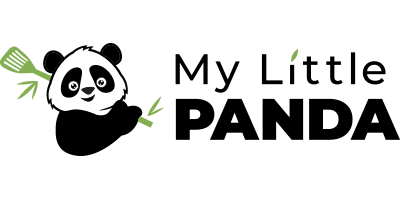Cooking with plastics is more dangerous than earlier thought. This is according to the latest research by the German Federal Institute For Risk Assessment (Bfr). This is a renowned body that advises the Federal Government on issues regarding food safety.
"Spoons, Spatulas and Whisks are the Culprits"
This sounds quite absurdConsidering many households prefer these cooking utensils in plastic (polymer). Well, the main reason is that they don't get hot, so the chances of getting burned are halved. But then, you'd rather stick to spatulas, whisks, and spoons made from stainless steel or sustainable products if you want to live healthily.
German scientistHave warned that cooking with plastic spoons, spatulas, and whisks are a leading cause of several chronic diseases including liver and thyroid complications — also, the risks of cancer, infertility and high cholesterol double. In the research, the scientists explained how plastic utensils, when used to cook foods with temperatures above 70 degrees Celsius (158F), release a harmful toxic known as oligomers. From the research, two molecules are synonymous with plastic utensils; PA 6 (caprolactam monomers) and PA 6,6 (two monomers, hexamethylenediamine, and adipic acid).
The Impact of OligomersOligomers is the shorter chains produced inadvertently during the manufacture of polyamides (plastic polymers), which are used to manufacture plastic kitchen utensils. These oligomers remain in the utensils, but the problem comes in when the utensils are subjected to high temperatures. Oligomers try to dissociate from the utensils in the form of chemical rings and find their way into your meals.
This is a pretty new studySo far, there is no experimental data on how toxic oligomers are. But there's a way to find out the potential damage of oligomers through the "threshold of toxicological concern. This concept classifies the toxicity of unknown substances by its structure into one of the three Cramer classes: I – low, II – intermediate, and III – high. Each of the Cramer classes has a maximum daily intake limit already assigned. Oligomers fall into class III, which means the maximum allowed intake for a person weighing 132lbs is 90 micrograms.
Not all plastic cutlery is not recommended for cookingIn the research, 70% of the kitchen spoons, spatulas, and whisks showed that oligomers' migration was 5mg for every 2.2lbs of food cooked. That's quite a reasonable amount, but unfortunately, in the remaining 30%, the migration of oligomers to the food exceeded 5mg for every 2.2lbs, which is quite worrying.
“Keep safe by using natural cutlery, sometimes the only way forward it's by going backwards. Is important for you, your kids, family and loved ones. Convenience and staying healthy don't mix."
Your kitchenMaybe your kitchen utensils are not among the ten from the sample of 33 utensils, which are ranked as high risk. But at the end of the day, it's worthy using eco-friendly utensils.
German Federal Institute For Risk Assessment (Bfr)Has recommended that all manufacturers compile the toxicological data of their plastic utensils in line with the European Food Safety Authority (EFSA) specifications.

Natural CutleryReusable bamboo cutlery has become popular in recent years, especially among environmentally conscious people. Many benefits come with using the wooden cutlery, other than it being eco-friendly. For example, they are a lot safer, because they are natural such as plastic cutlery. They are also stylish and are likely to wow your guests. You can purchase this cutlery from Here
